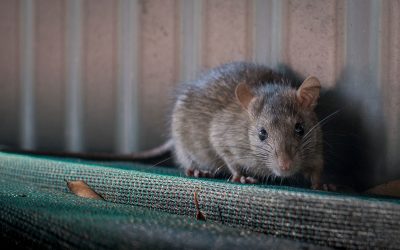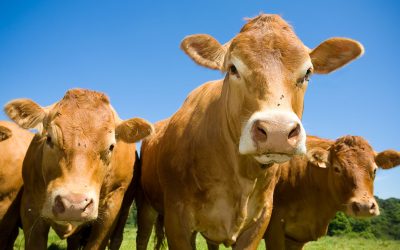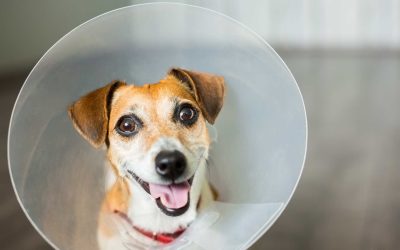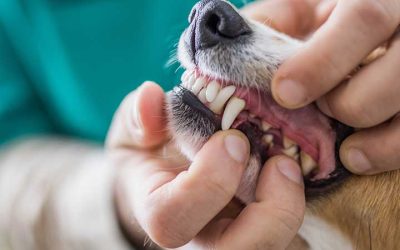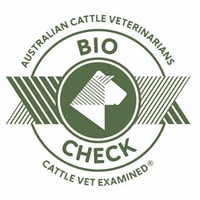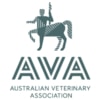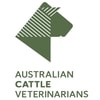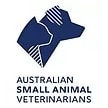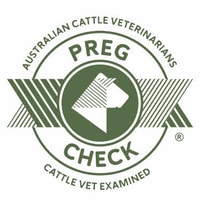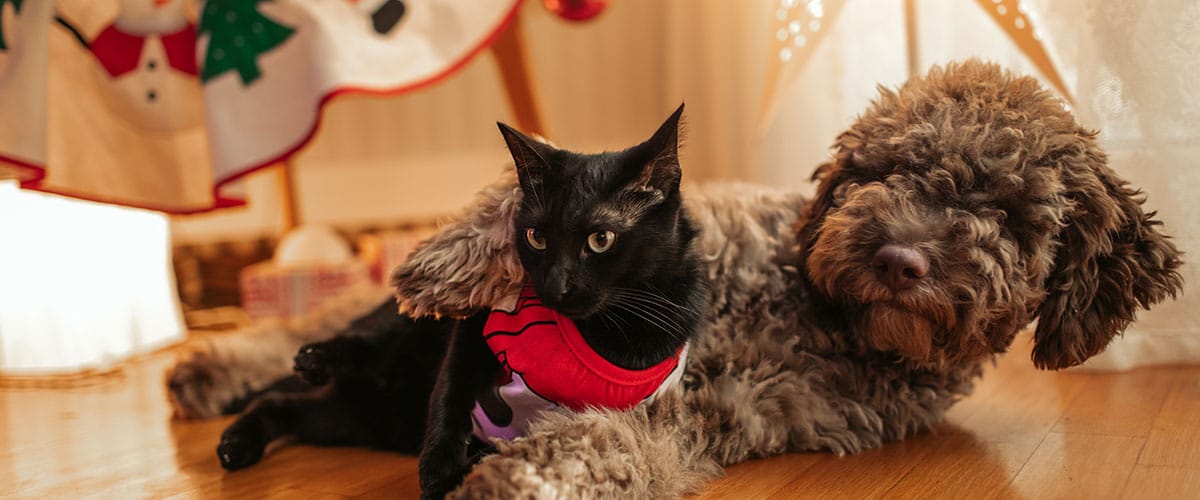
The silly season is an exciting time of year, with Christmas and New Year’s Eve celebrations giving us plenty of reasons to let loose and celebrate. With an increase of visitors, noises, tasty treats, shiny new toys, and interesting smells, this time of year can be overwhelming for our pets.
Here are some recommendations to make sure your furry friends are safe and happy during this festive time.
- Make sure your pet has access to a quiet, calm, and secluded spot to hide away if needed
- Exercise your pets before any guests arrive or before any particularly noisy events (i.e., fireworks displays) if you can – a pet with pent up energy can easily become anxious
- Keep Christmas decorations and wrapping items (paper, tape, ribbon, discarded plastic, etc.) out of your pet’s reach. If ingested, these items can cause serious health problems, including intestinal blockages that may require surgical removal
- Many plants and flowers used for Christmas decorations are toxic to pets – be sure to keep these out of reach
- Many foods we see at celebrations are toxic to pets and can even be fatal. Make sure your pet does not have access to:
- Chocolate
- Christmas pudding
- Salty foods (chips, pretzels, crackers, etc.)
- Lollies & artificial sweeteners
- Grapes, sultanas, raisins, and currants
- Alcohol
- Cherry pits (and other stone fruit pits)
- Macadamias
- Corn cobs
- Avocado
- Cooked bones
Fireworks can be terrifying for pets. Here is a list of tips for preparing your pet for fireworks displays:
- Keep pets indoors when possible. The walls and roof will help to soften the noise and will also contain them safely.
- Prepare your pet for loud noises during the day by putting on the TV or radio. Turn the volume up progressively throughout the day, so when the fireworks display commences, the existing noise will create a distraction
- Avoid fussing over your pet. Carry on as normal, as this will reassure your pet nothing is wrong. You can use treats and games to distract them and encourage calm behaviour.
- Ensure your pet’s microchip and identification tag details are up to date. Unfortunately, many pets escape during fireworks displays and can be found very far from home.
- Pheromone diffusers could help to calm your pet. Talk to our team about Feliway for cats or Adaptil for dogs.
- Some pet owners choose to use medications to assist in keeping particularly anxious pets calm. This is not something our team can organise for you without prior consultation, so please book in advance.
Our appointments during the festive season fill up very quickly, so be sure to organise an appointment as soon as possible.
If you suspect your pet has ingested something they shouldn’t, has injured themselves, or you would like more advice on keeping them safe over the Christmas and New Year’s period, give our friendly team a call on 07 4693 2233 or book online to organise an appointment.
RELATED ARTICLES
Rat Bait Toxicity
Take care when choosing rodenticides this winter as it could mean the difference between life or death of your pet. Not all baits are equal in their toxicity and you should always refer to the ingredients listed on the product. There are three key types of Rat Bait:...
Calving – When to intervene
The most common reason for calf losses in the cattle industry are calving difficulties, known as dystocia. In order to recognise dystocia promptly, an understanding of the normal calving process is necessary. The more difficult the calving; the greater the risk of...
Discount desexing
This Winter we are offering our annual 20% off de-sexing’s for both dogs & cats from 1st June to 31st July. If it's something you have been putting off then wait no longer! ADVANTAGES OF DESEXING Reduction in vet bills by reducing the following health conditions;...
The Importance of Dental Care for Your Pet
Did you know that 80% of dogs and 70% of cats over three years of age have some form of dental disease? Dental disease can not only be painful and uncomfortable for pets, but the procedure to clean and remove teeth becomes more complicated and often more costly to...
RELATED
ARTICLES
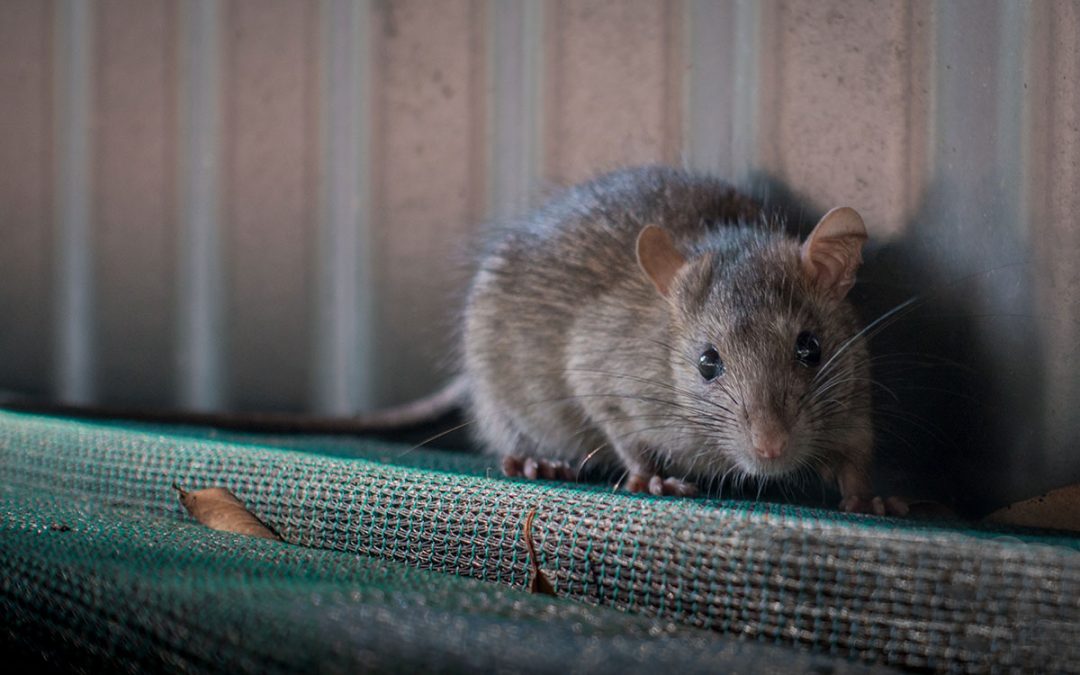
Rat Bait Toxicity
Take care when choosing rodenticides this winter as it could mean the difference between life or death of your pet. Not all baits are equal in their toxicity and you should always refer to the ingredients listed on the product. There are three key types of Rat Bait:...
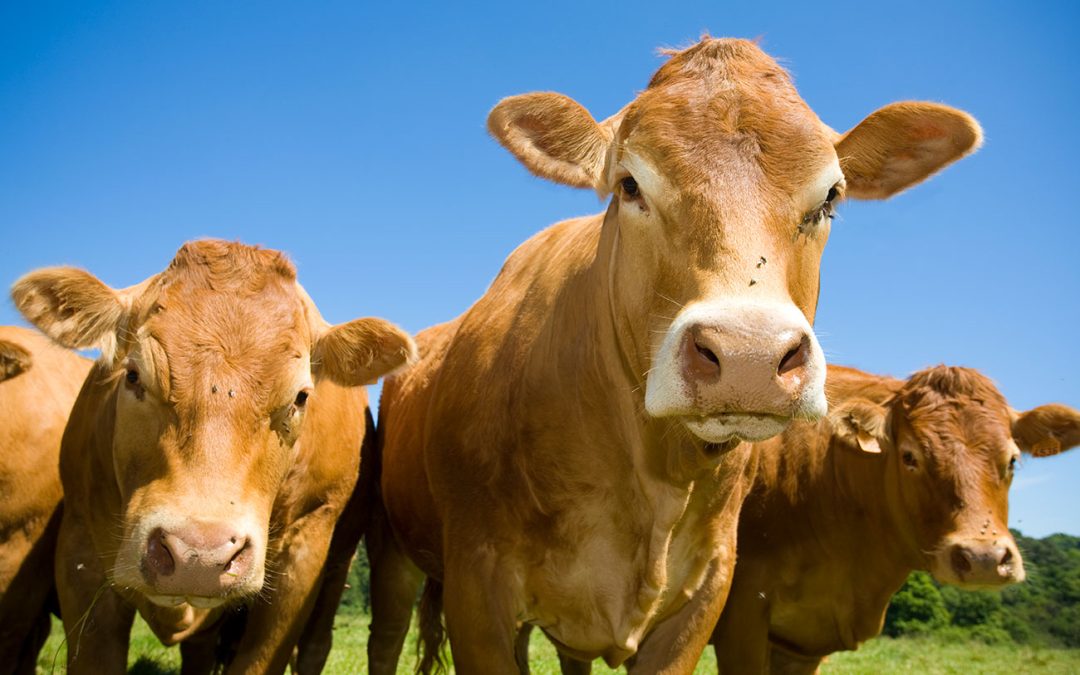
Calving – When to intervene
The most common reason for calf losses in the cattle industry are calving difficulties, known as dystocia. In order to recognise dystocia promptly, an understanding of the normal calving process is necessary. The more difficult the calving; the greater the risk of...
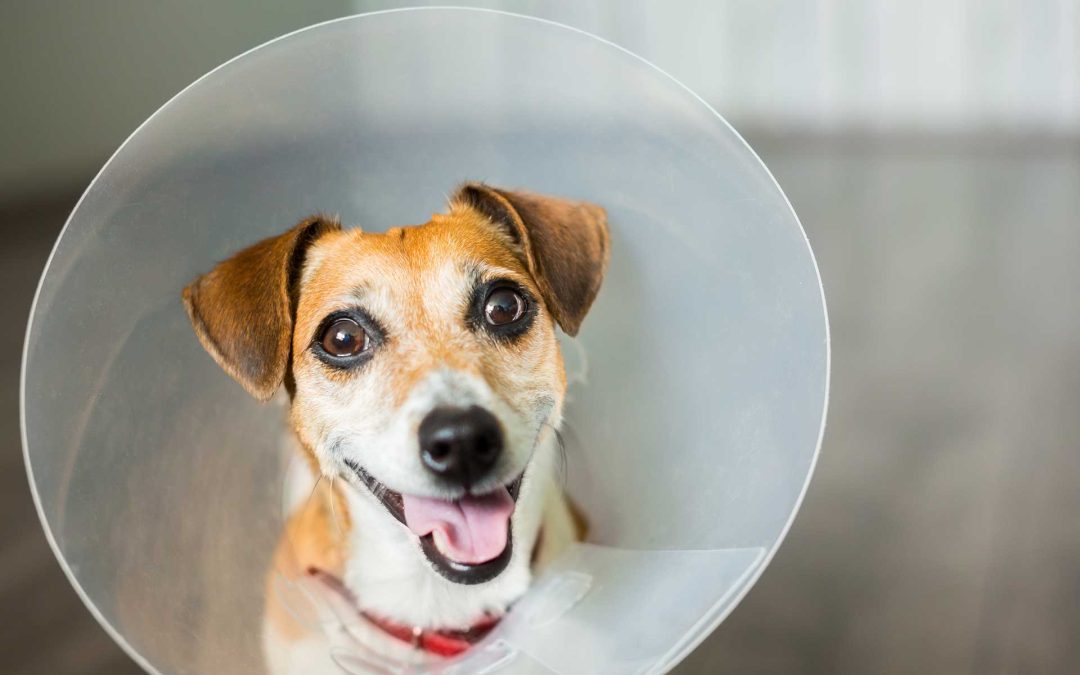
Discount desexing
This Winter we are offering our annual 20% off de-sexing’s for both dogs & cats from 1st June to 31st July. If it's something you have been putting off then wait no longer! ADVANTAGES OF DESEXING Reduction in vet bills by reducing the following health conditions;...
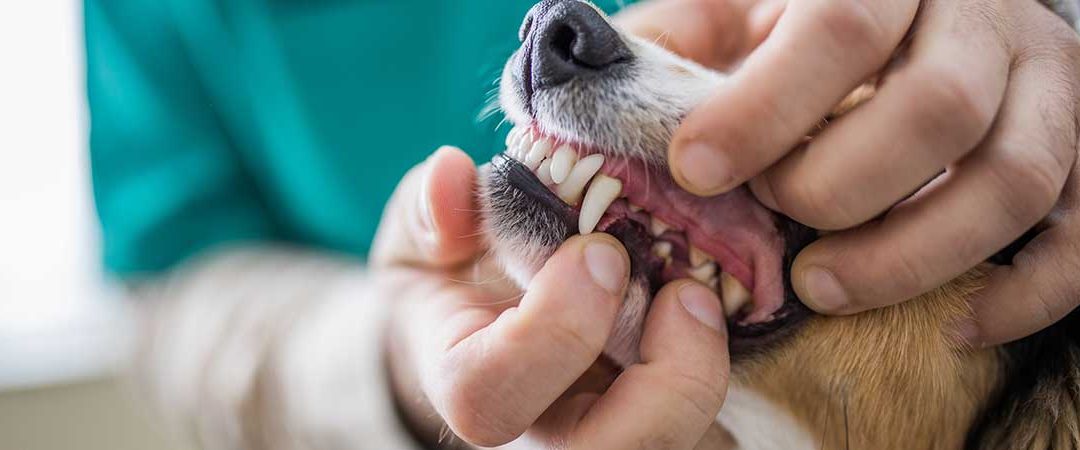
The Importance of Dental Care for Your Pet
Did you know that 80% of dogs and 70% of cats over three years of age have some form of dental disease? Dental disease can not only be painful and uncomfortable for pets, but the procedure to clean and remove teeth becomes more complicated and often more costly to...
Call Us Today To Discuss Your Animal Needs
Business Hours Phone: 07 4693 2233




